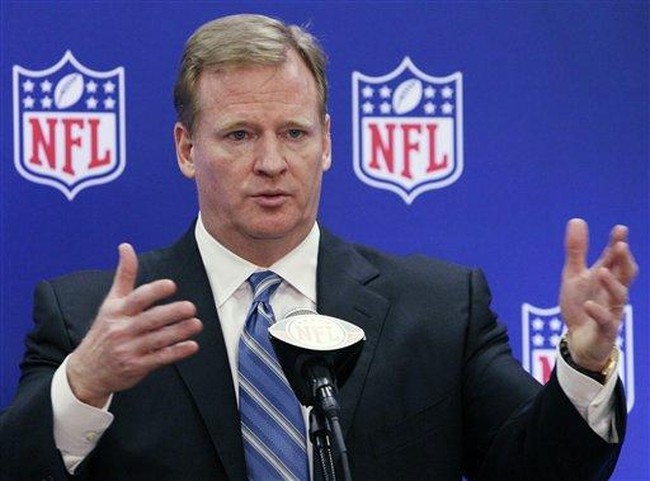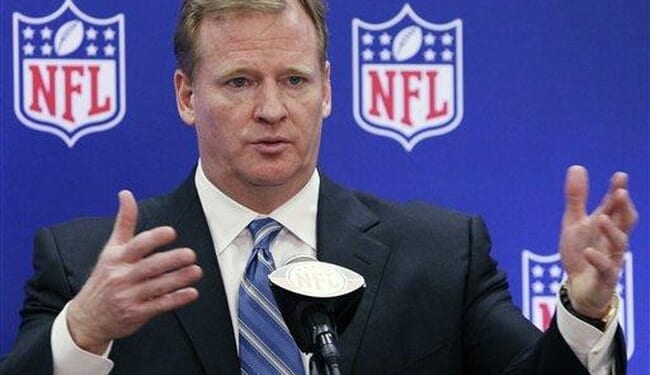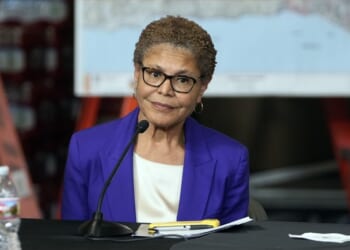
A Clash Between Emotion and Rulebook
Jason Kelce wasn’t seeking publicity from his fiery comments about NFL players being fined for criticizing officials; instead, they were a shot at the silence imposed on players who see the game’s fairness slipping away. “It’s freedom of speech, baby,” he said, after learning that questioning referees can cost tens of thousands of dollars.
“Listen, you know me, I don’t like complaining about officials,” Kelce said. “I never have. That’s not how I operate. I don’t think that you should be fined. I think that’s bullsh*t, personally… Yeah, what the f*ck is this? It’s freedom of speech, baby. What the f*ck are we doing right here?”‘
The controversial moment happened in the second quarter with the game tied 7-7. Philadelphia faced fourth-and-1 at New York’s 11-yard line and ran its signature tush push. Jalen Hurts got the first down, but as he was still being pushed forward — still upright, still moving ‚ Thibodeaux ripped the ball out of his hands.
Kelce was cheered because what he said is what many feel: athletes should be allowed to highlight bad officiating without fear of punishment, yet in the eyes of the law, the NFL is, in fact, untouchable.
What the Law Actually Says
As we all know, the First Amendment protects citizens from government censorship, not from private employers. The NFL, despite all the commercialism surrounding the league, isn’t a state actor; it’s a private business operating under a collective bargaining agreement that players have signed.
Listed in that agreement is a clause on “conduct detrimental to the league,” which gives the league broad authority to discipline players for what they say, even off the field.
Everything about this situation screams WRONG! However, we’re left with a speech code wrapped in corporate language; it’s not unconstitutional, but it feels un-American.
The Moral Question
Legality, however, isn’t morality. When the NFL punishes players for speaking up about poor officiating, it sends a message: silence is safer than honesty.
Unfortunately for the league, fans aren’t blind; they see bad calls change a game’s outcome: Suppressing those who live with those consequences only breeds cynicism.
As sharp as his criticism was, Kelce wasn’t challenging or trying to undermine authority; he was demanding accountability.
That’s a principle as old as the sport itself.
Why the NFL Should Rethink Its Policy
When pushing institutions toward improvement, criticism is healthy. Other leagues, such as the NBA, have relaxed similar restrictions, recognizing that to build trust, transparency is needed.
The way the NFL approaches this situation feels outdated, like it’s a holdover from an era when players were expected to smile, salute the shield, and pull a Sgt. Schultz, saying nothing.
In our social media world, where everyone has a microphone, the league looks insecure when it silences its athletes.
Final Thoughts
Constitutionally speaking, what the NFL is doing is legal. From a moral standpoint, the actions the league is taking are a penalty against integrity.
The soul of the league is its players, and silencing them continually chips away at the authenticity that fans appreciate as they keep watching.
If fair play is something the NFL truly believes in, that principle should apply not only to its rulebook but to the voices of those who make the game worth watching.
Editor’s note: Join PJ Media VIP today to support fearless, independent journalism and unlock exclusive commentary you won’t find anywhere else. Subscribe and help keep the lights on for the writers who still believe truth shouldn’t come with a disclaimer. Use promo code POTUS47 for 74% off your VIP membership.








